

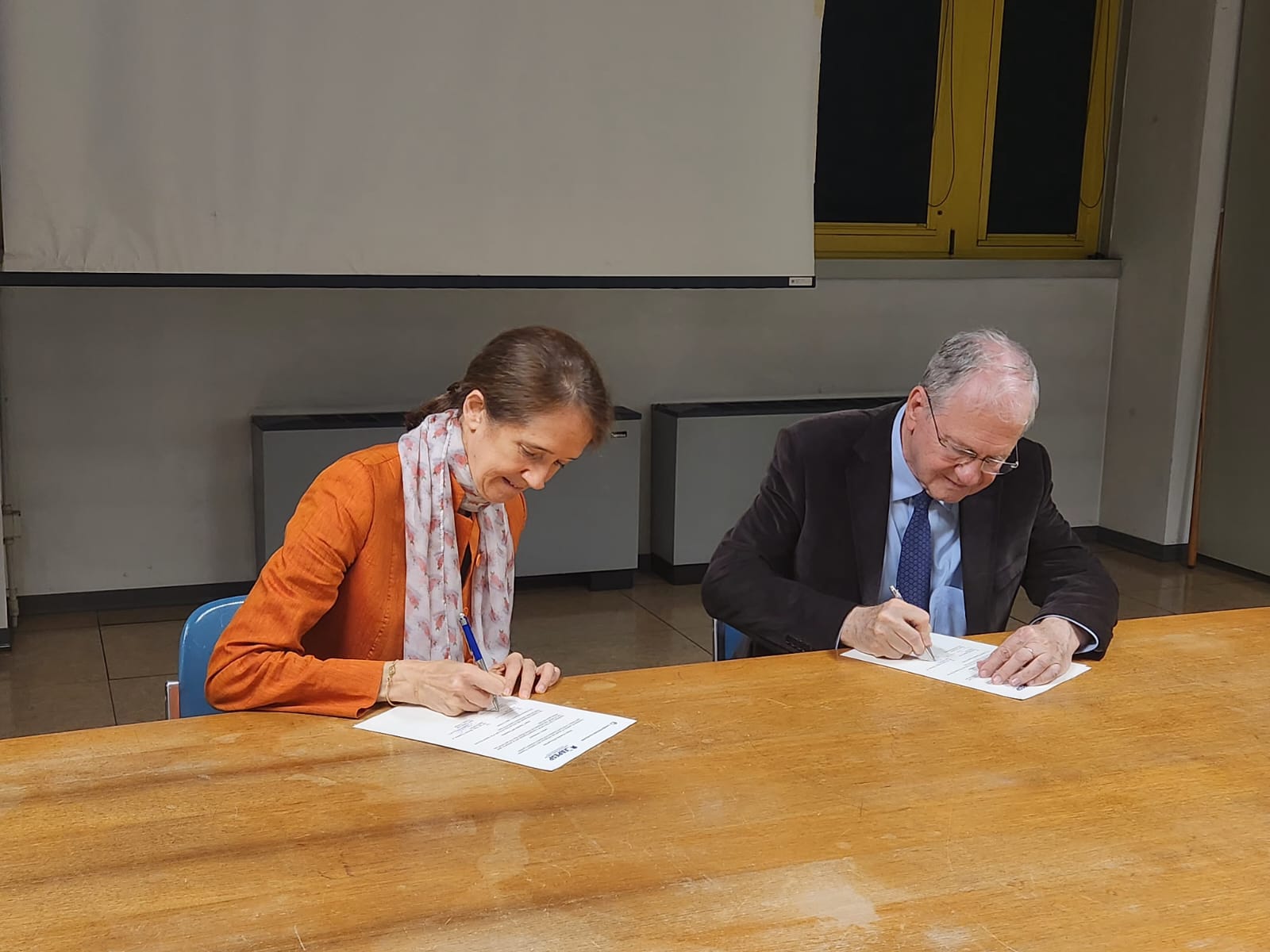
The work plan for the next five years was signed by representatives of the two agencies on October 16th in Bologna.
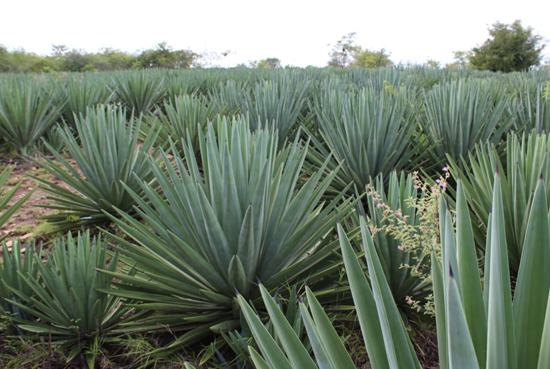
The goal is to develop an alternative for bioenergy production that can be grown in semi-arid regions, which are advancing in Brazil and worldwide; results were presented during FAPESP Week Italy.
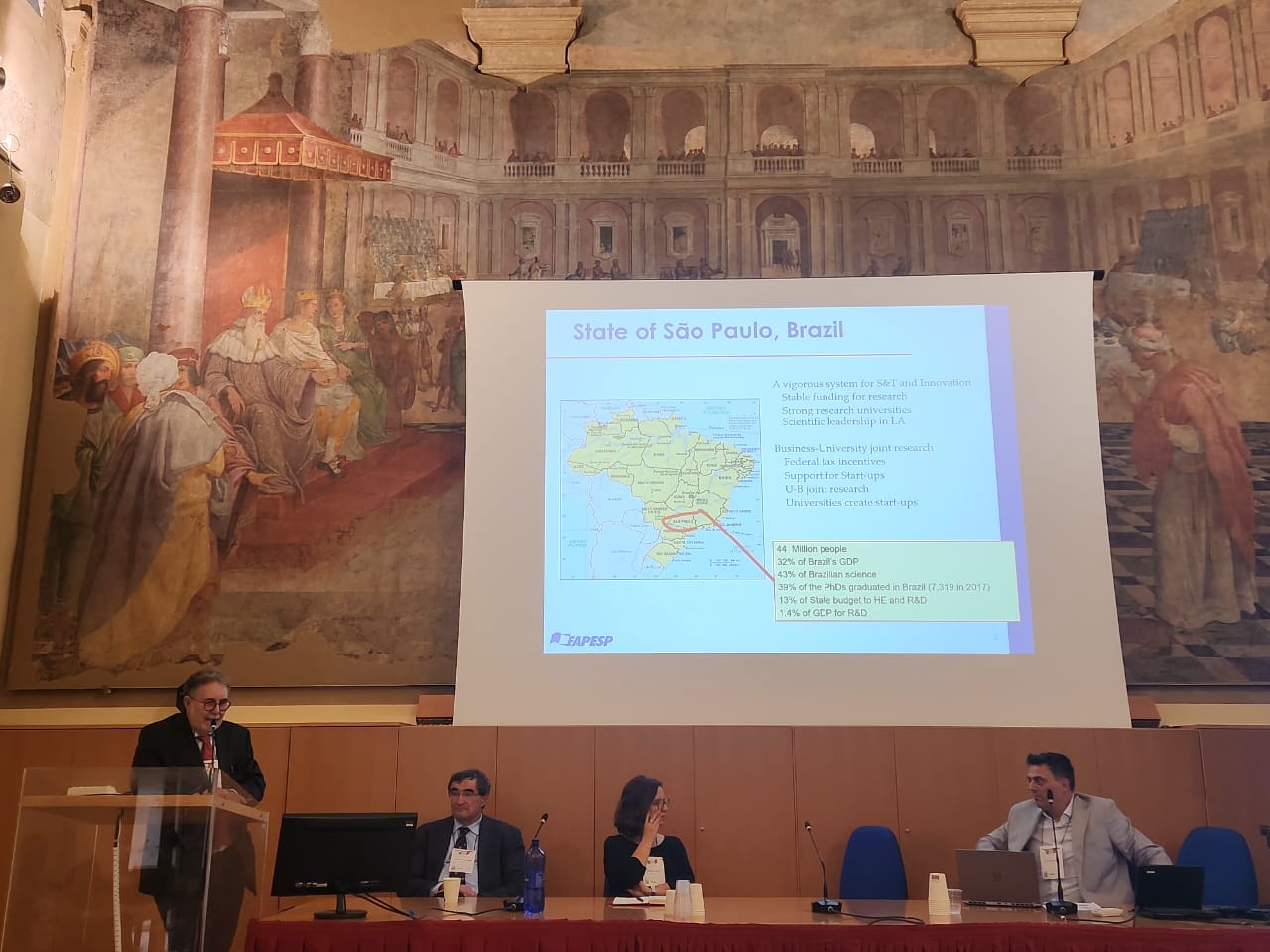
The panel included Carlos Américo Pacheco from FAPESP, Marina Silverii from Attractiveness Research Territory Emilia-Romagna, and Claudio Melchiorri from the Università di Bologna.
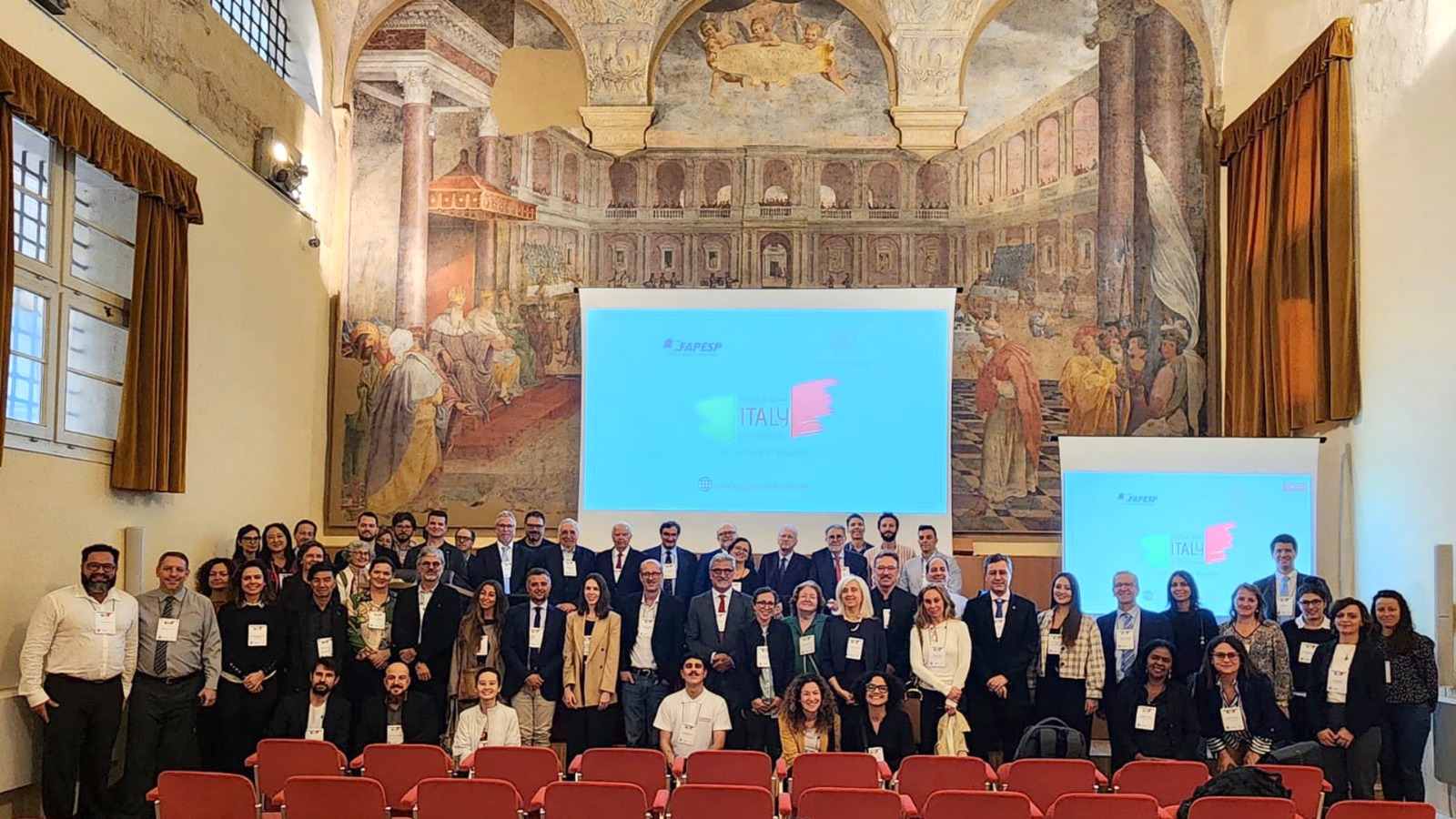
Event aims to foster partnerships between São Paulo researchers and entrepreneurs and their Italian counterparts.
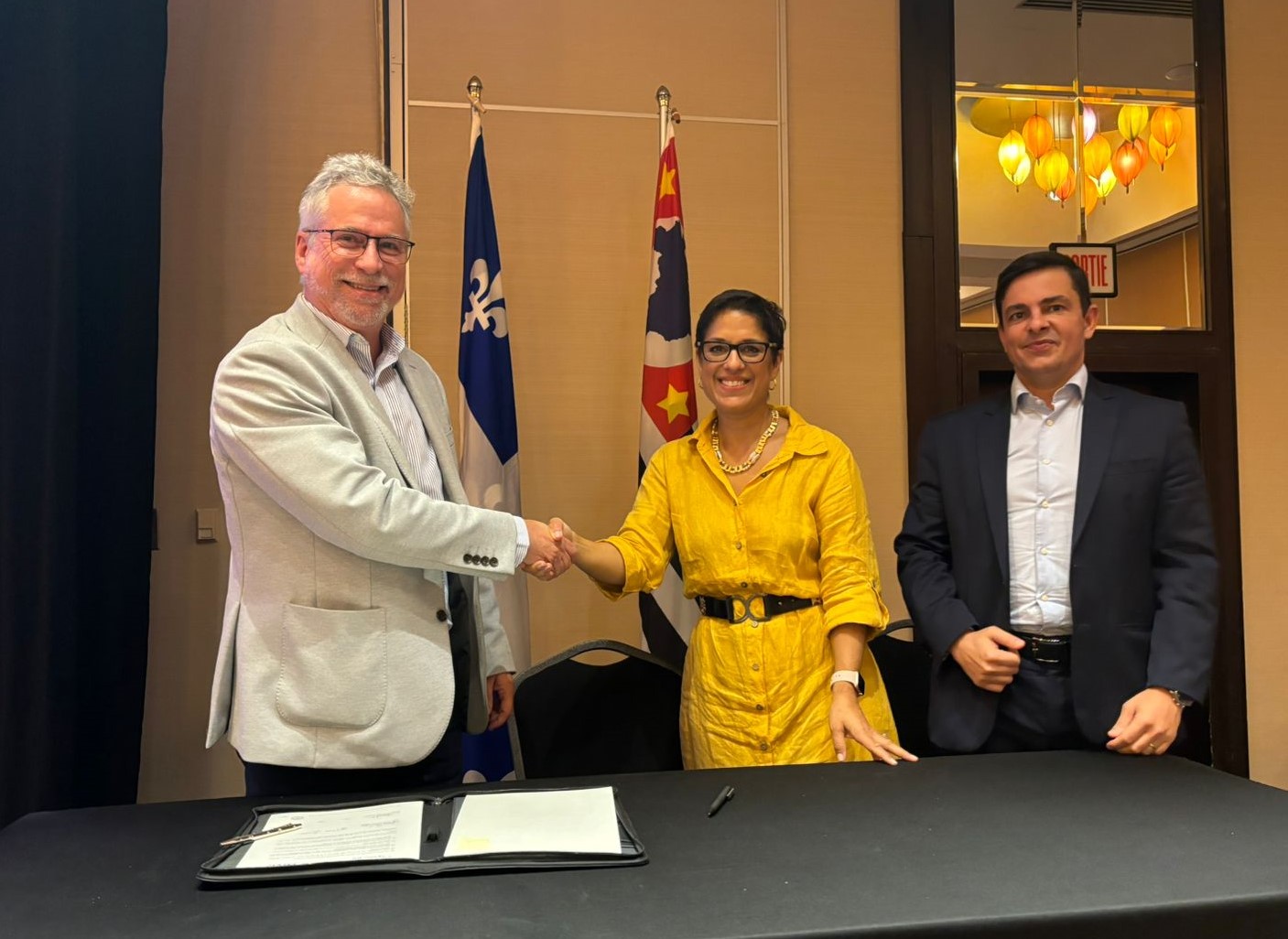
FAPESP has signed a scientific and technological cooperation agreement with Quebec’s research funding agency and is planning a new edition of FAPESP Week in Canada’s second most populous province.
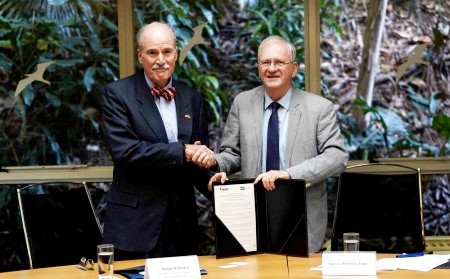
The MoU is the first cooperation agreement between NIH and a foreign partner to cover a wide array of research areas.
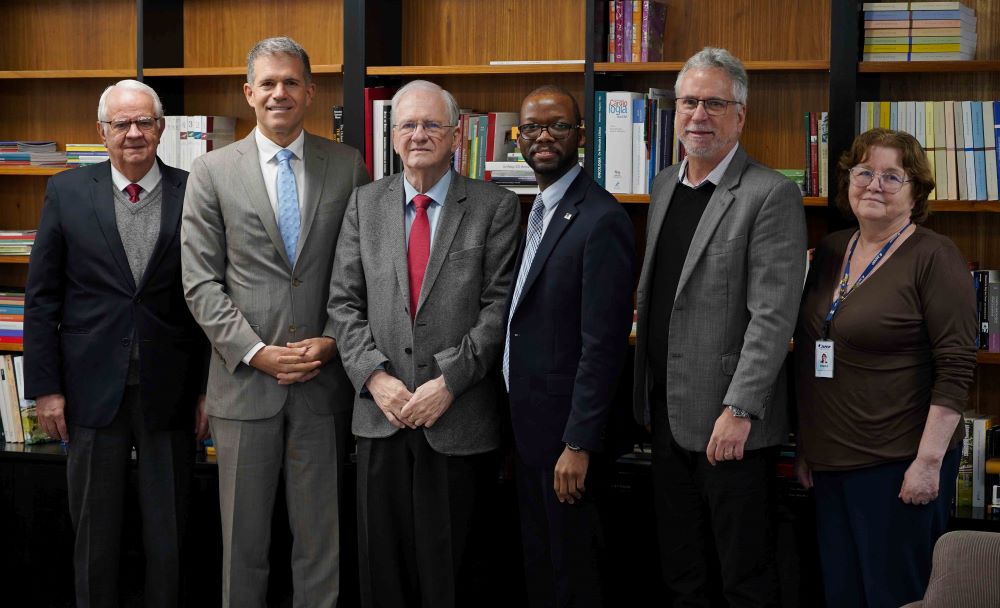
Richard Glenn’s aim on his first official visit to Brazil was to strengthen the ties of partnership with FAPESP.
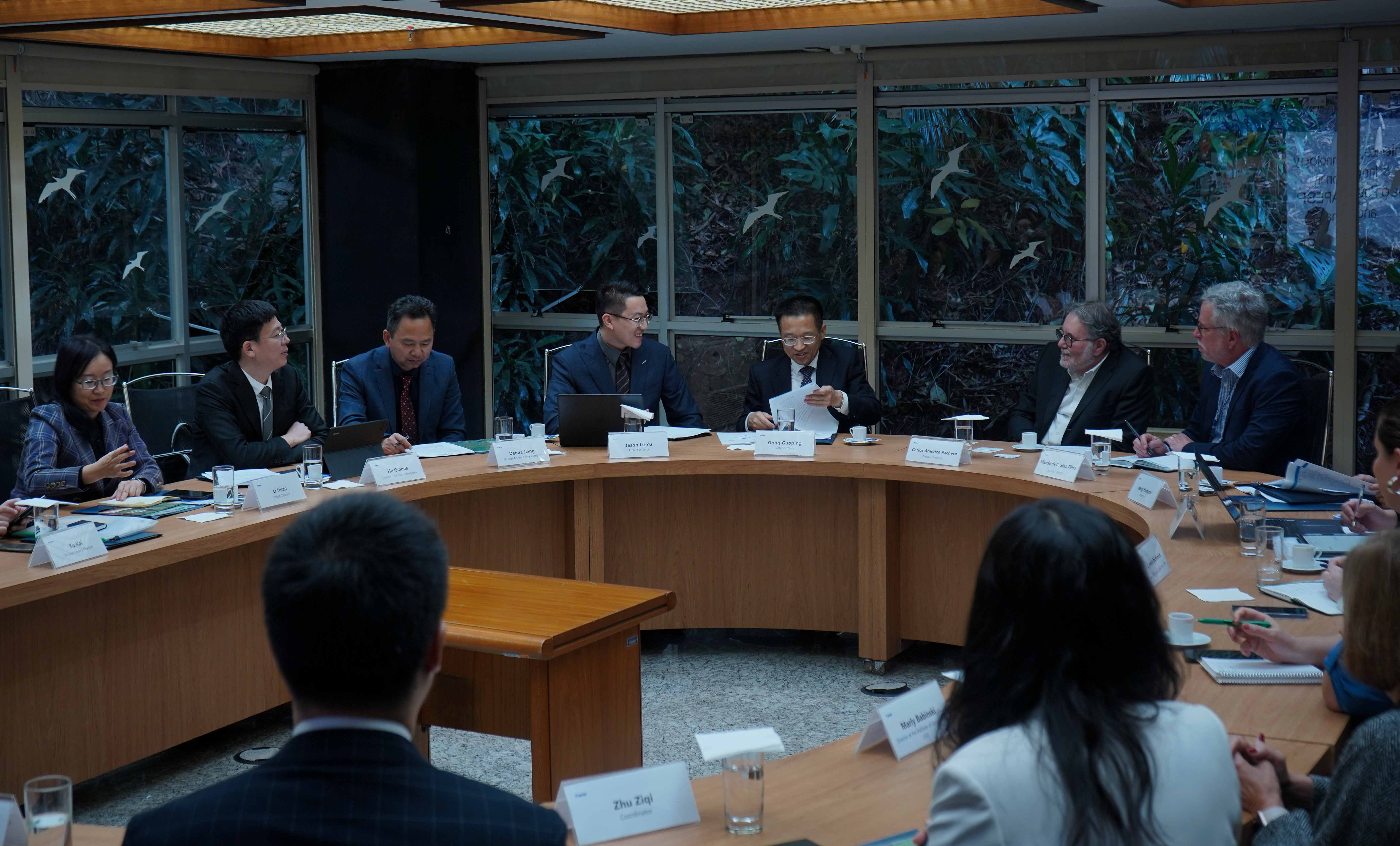
The meeting was a development arising from FAPESP Week China, held in June in Guangdong Province.

About BRL 130 million will be invested in the new centers, which will develop solutions to challenges posed by the São Paulo State Government.
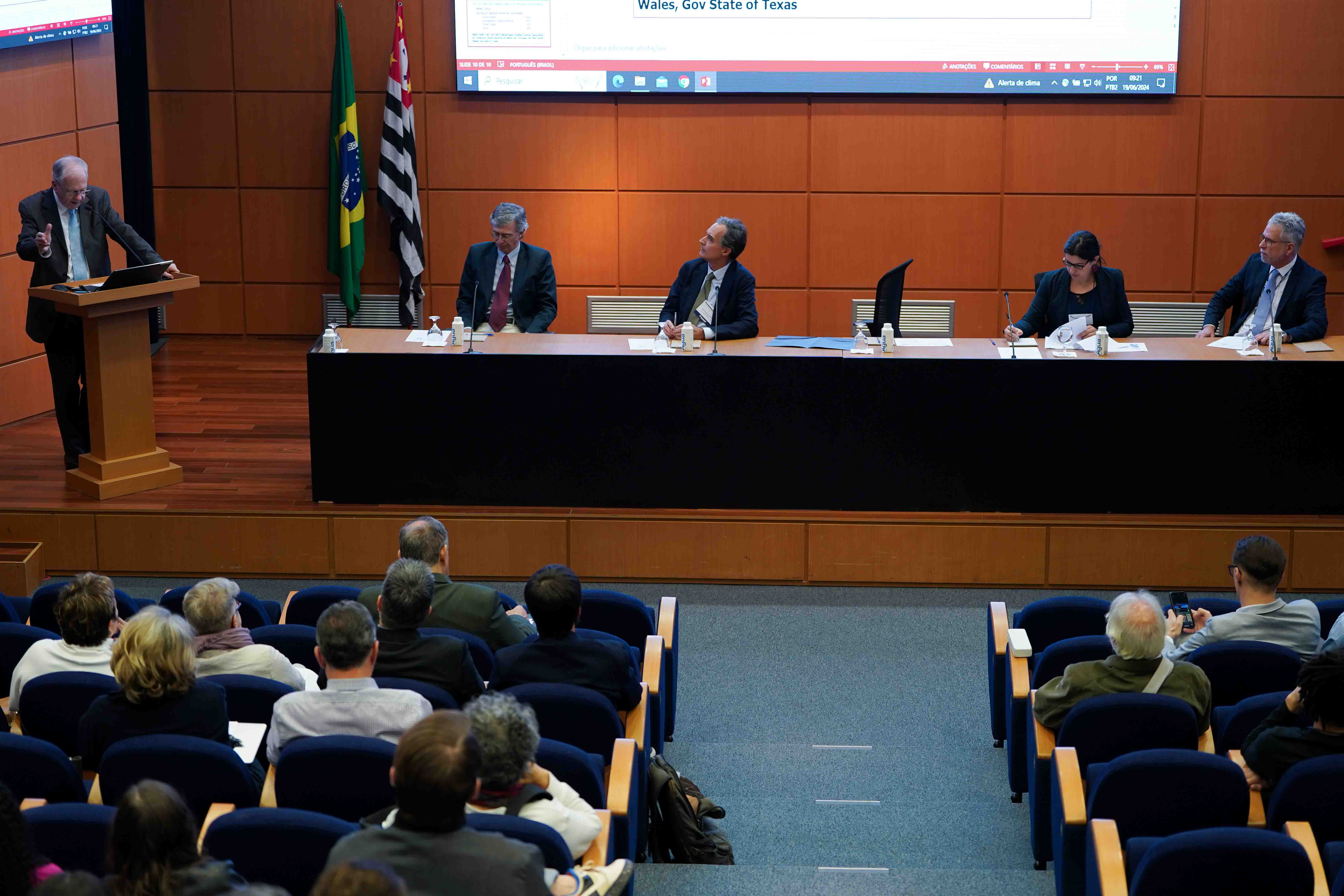
Brazil is considered “one of 12 countries that produce the most science” by the French government. The purpose of the event was to explore opportunities for funding joint research projects.
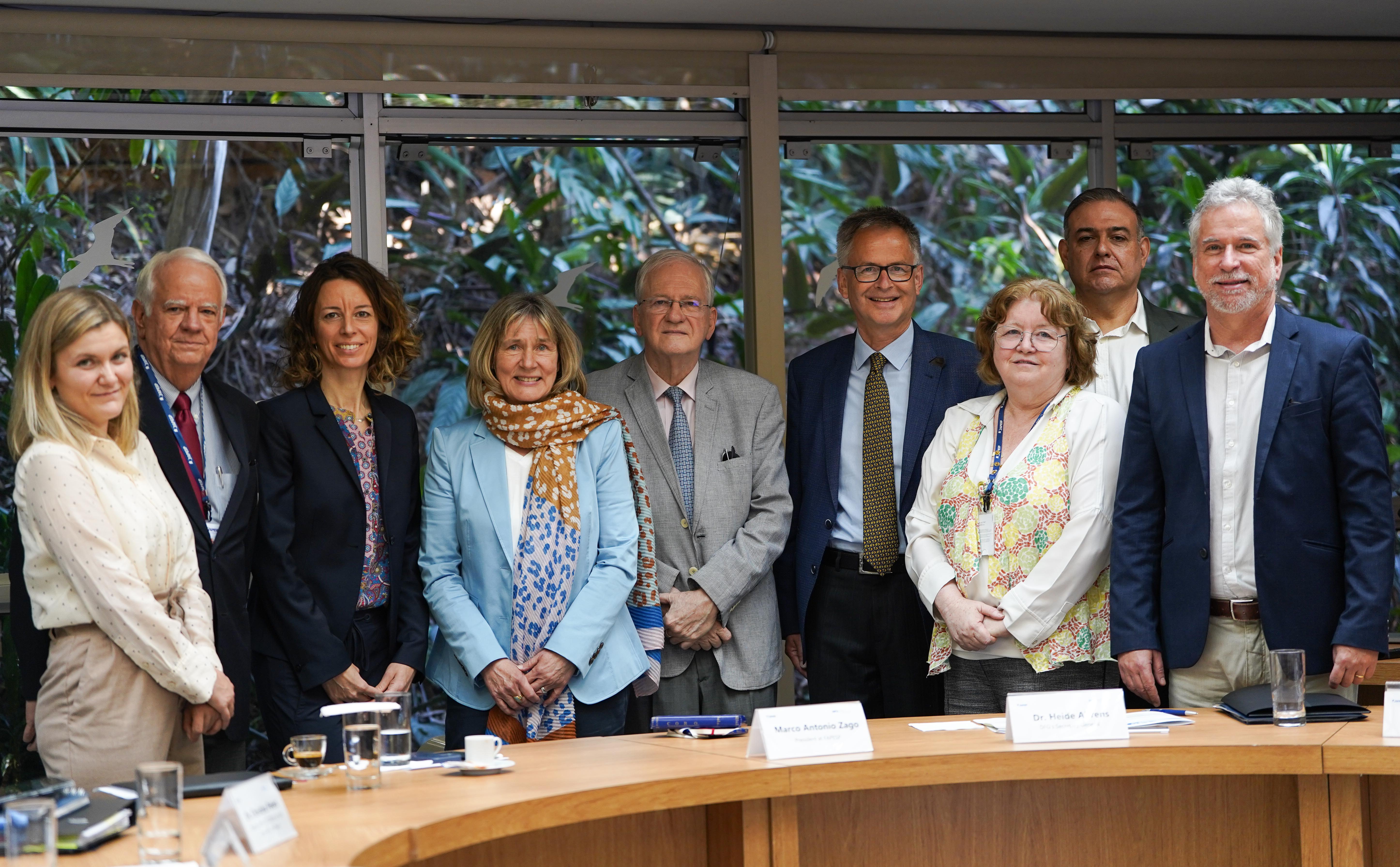
At the meeting, leaders of the two institutions shared experiences on removing red tape and discussed the use of AI to assess project proposals, as well as preparations for FAPESP Week Berlin in 2025.
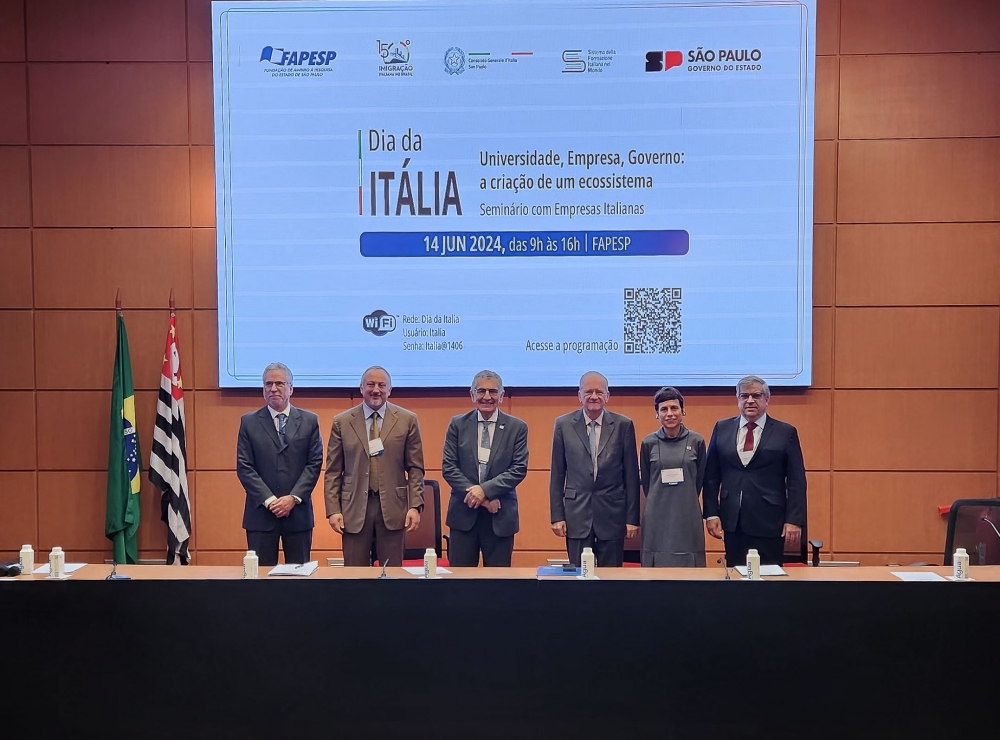
Companies are currently involved in 15% of the collaborative research projects conducted by scientists in São Paulo state and Italy, according to data presented at an event hosted by FAPESP.
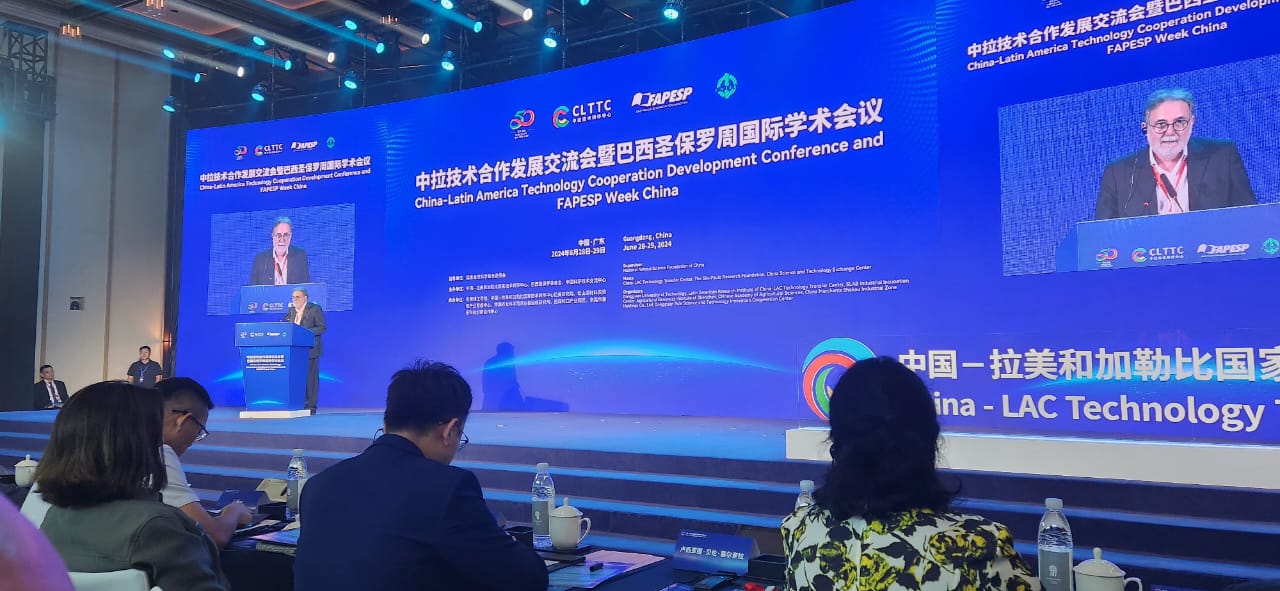
Participants emphasized their desire to strengthen scientific and technological cooperation between Brazil and China and celebrated the friendly relations between the two countries.
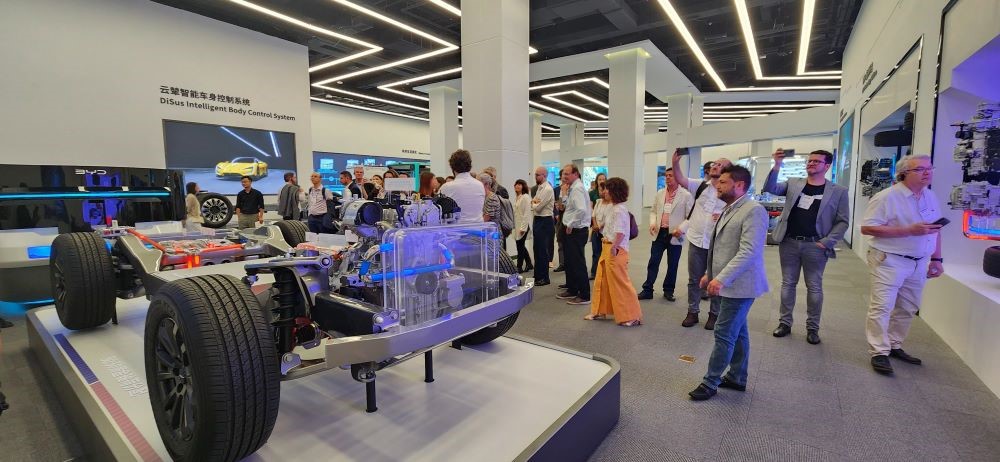
Startups were selected to participate in FAPESP Week through a call for proposals from the Innovative Research in Small Businesses Program, launched in April; the focus on innovation should be maintained in future editions of the event.
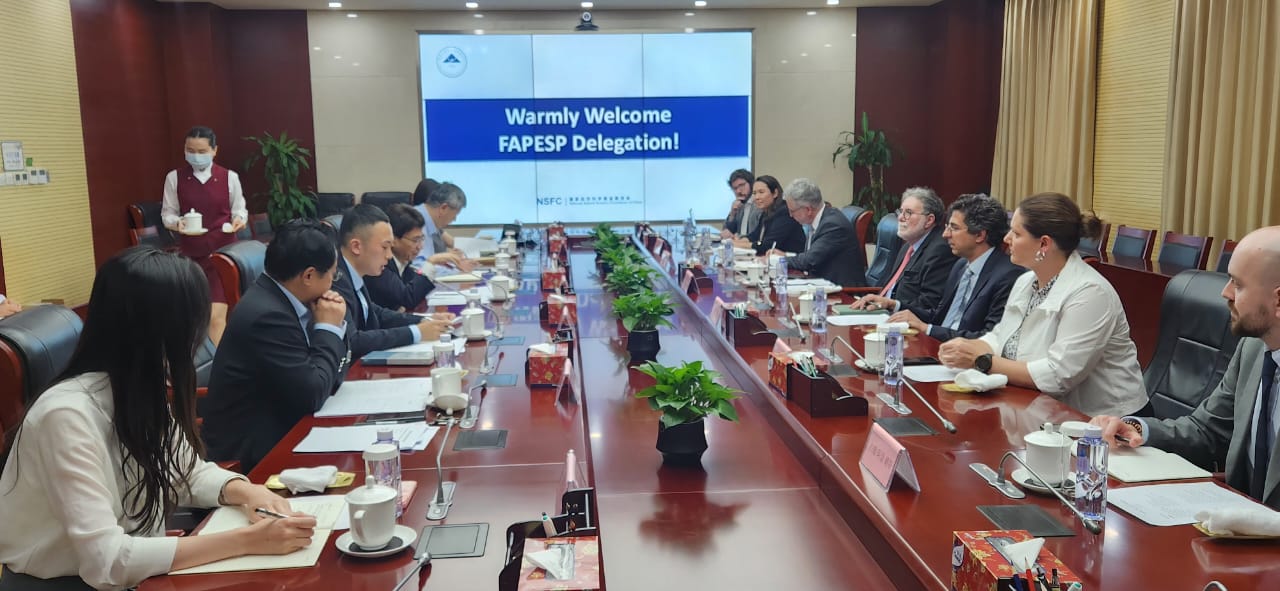
Heads of the two agencies met on June 24th and renewed the cooperation agreement signed in 2019; a joint workshop on precision agriculture will be held on Saturday as part of FAPESP Week China.

The aim is to extend and diversify the sources of funding for deep techs supported by the Innovative Research in Small Business Program.
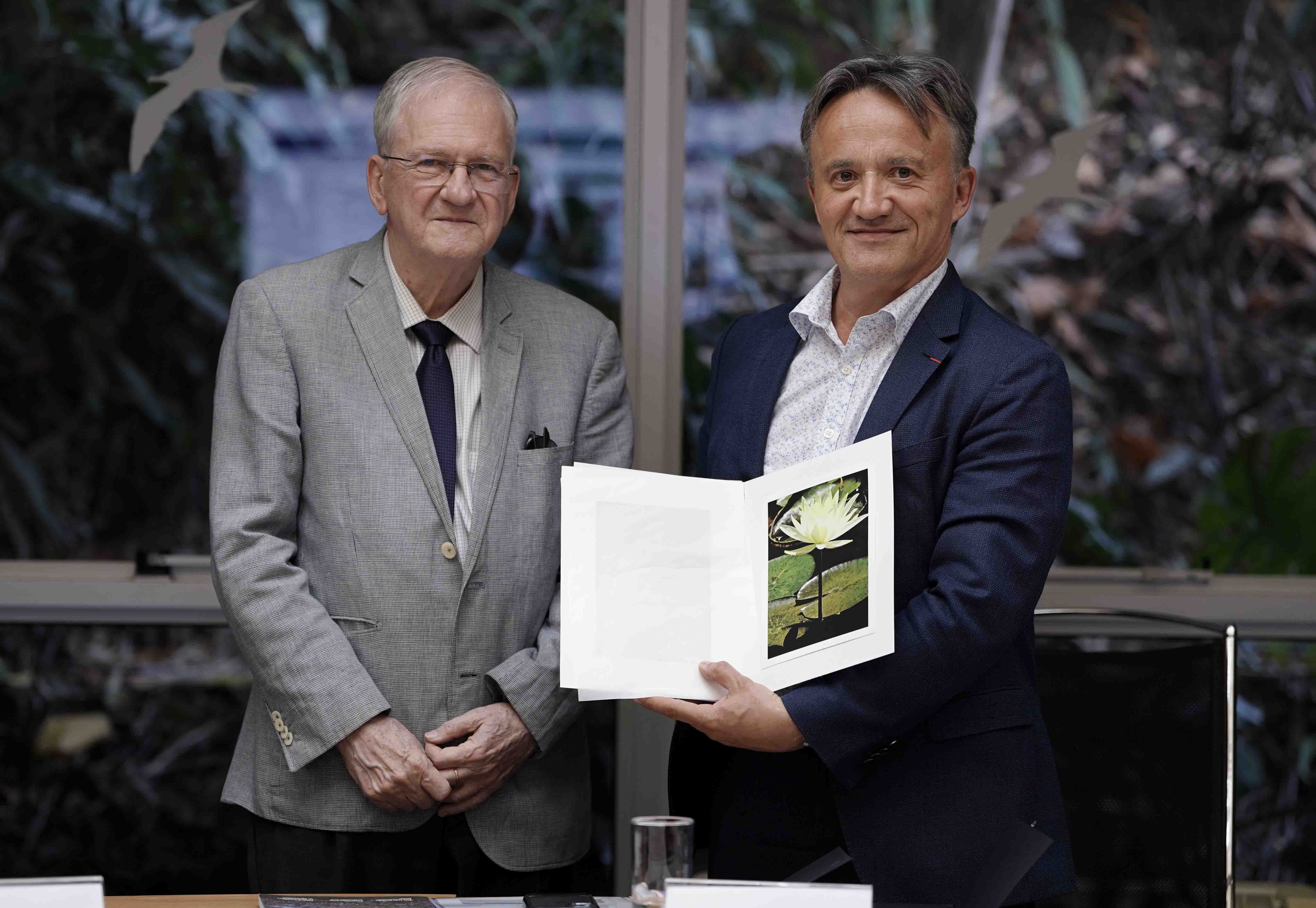
A delegation from INRAE visited FAPESP to discuss common areas of interest in scientific collaboration.
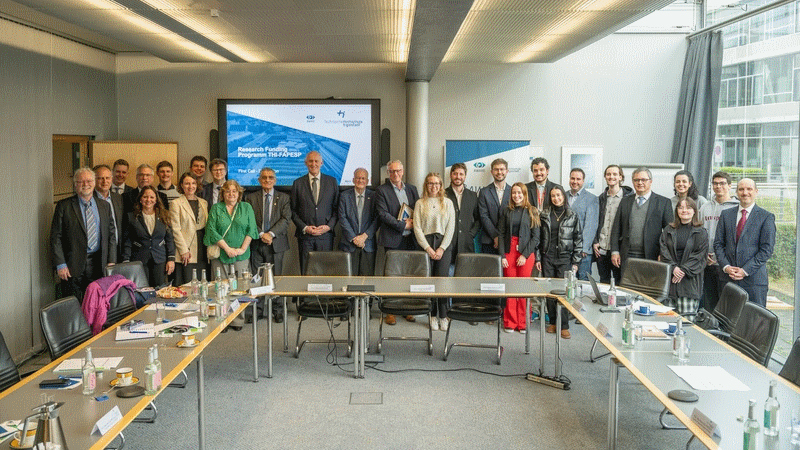
The aim is to fund bilateral projects in the field of artificial intelligence, focusing on mobility, energy and security.
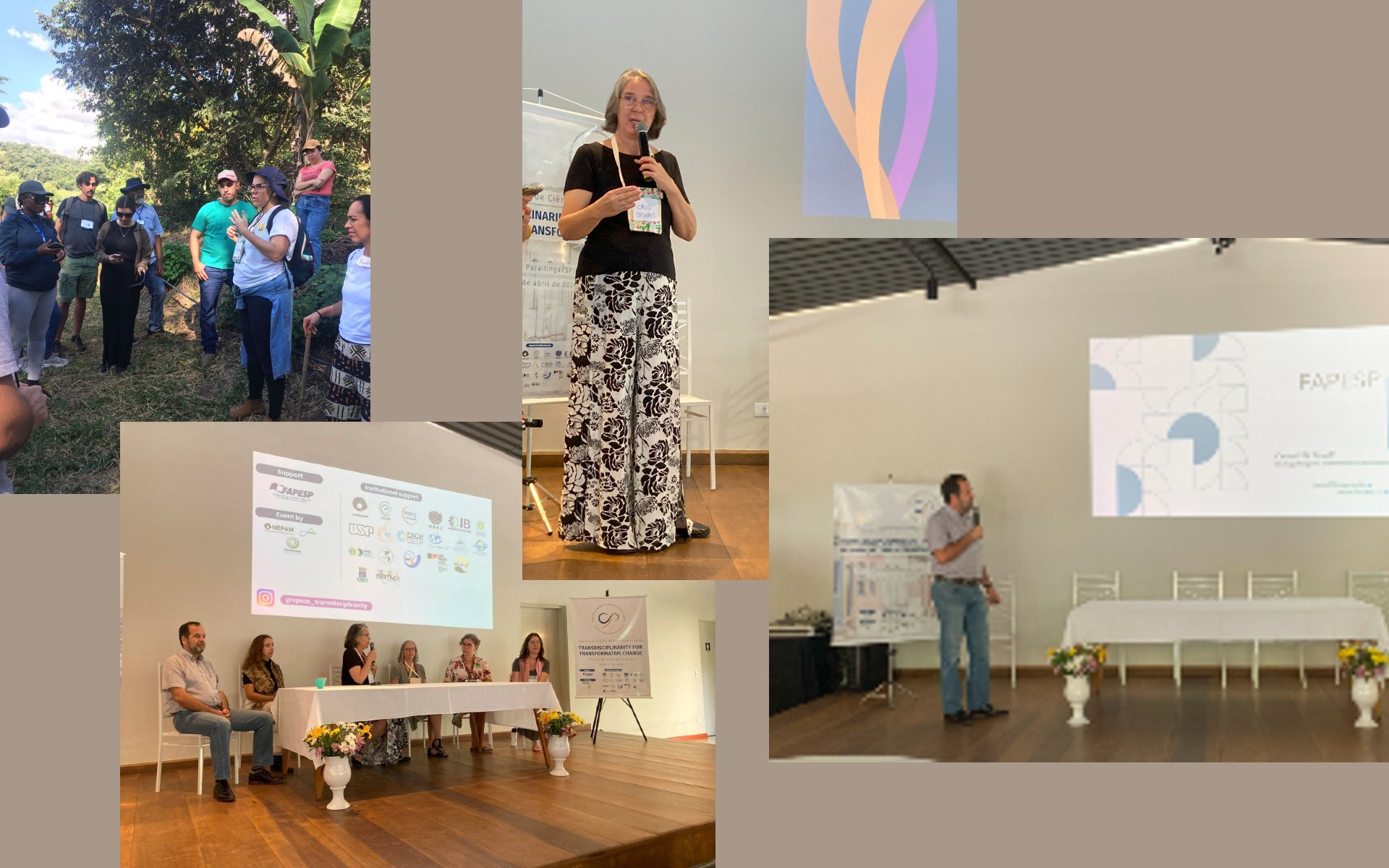
Focus on transdisciplinarity aims to foster participation by all stakeholders in efforts to address global change. The subject was front and center at an event held in April 2024 at a historic town in São Paulo state.
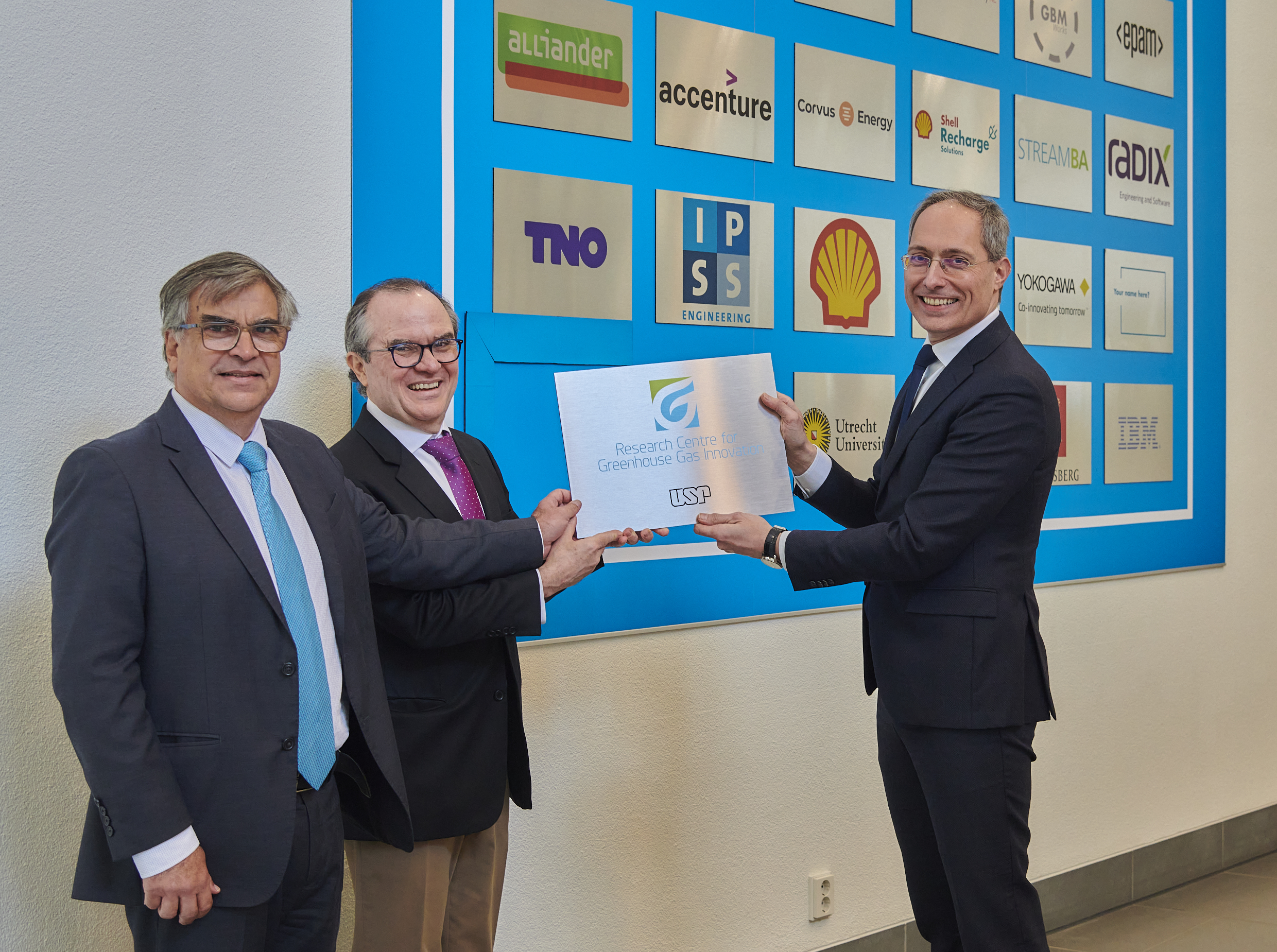
The new office is expected to serve as a research hub for the Research Center for Greenhouse Gas Innovation in Europe, fostering international partnerships.
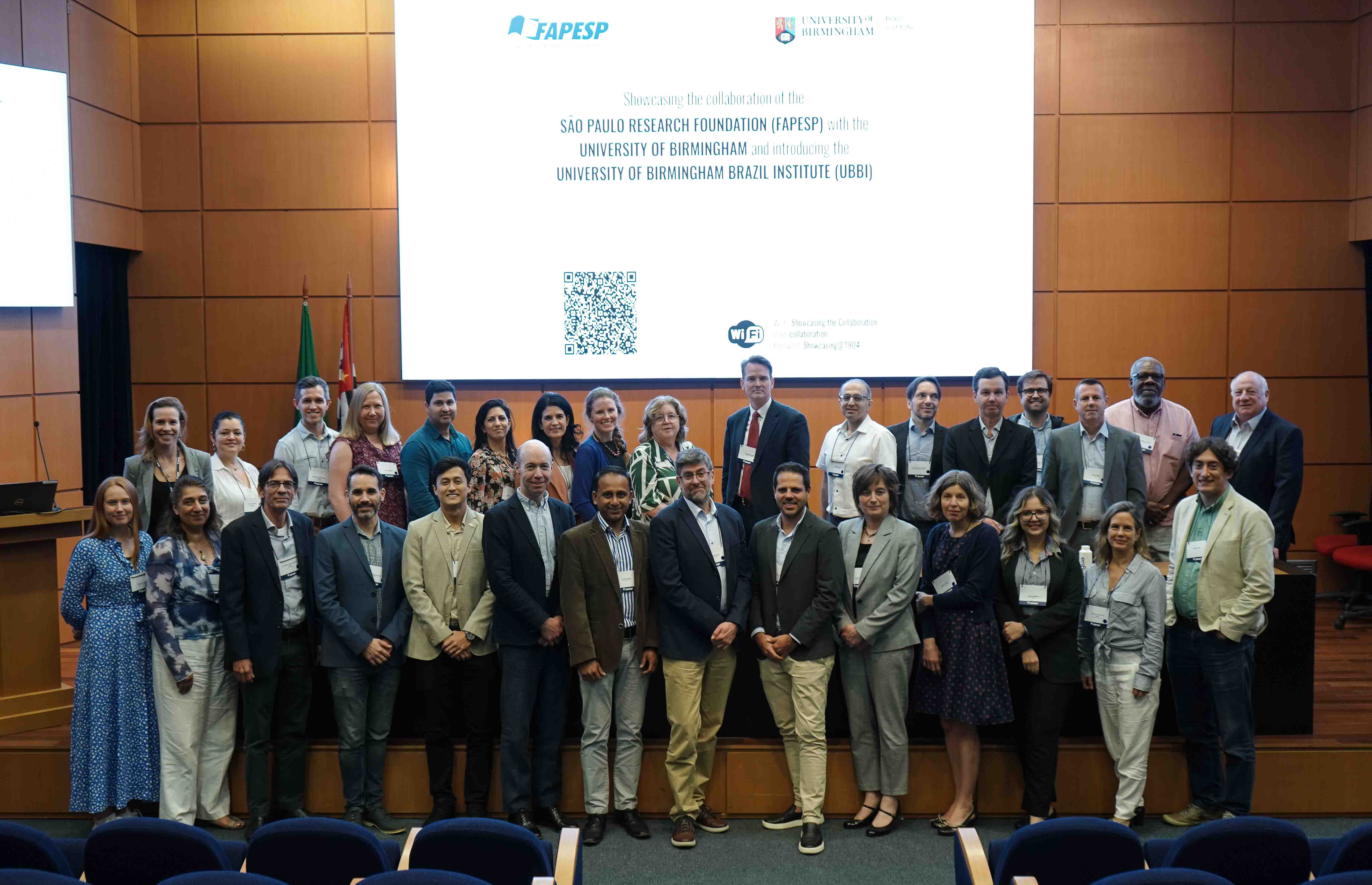
The project, conducted by researchers affiliated with the University of São Paulo in Brazil and the University of Birmingham in the UK, was one of 15 presented at an event held to celebrate the partnership between the British institution and FAPESP. It also marked the launch of the University of Birmingham Brazil Institute, whose mission is to bolster UK-Brazil research collaboration.
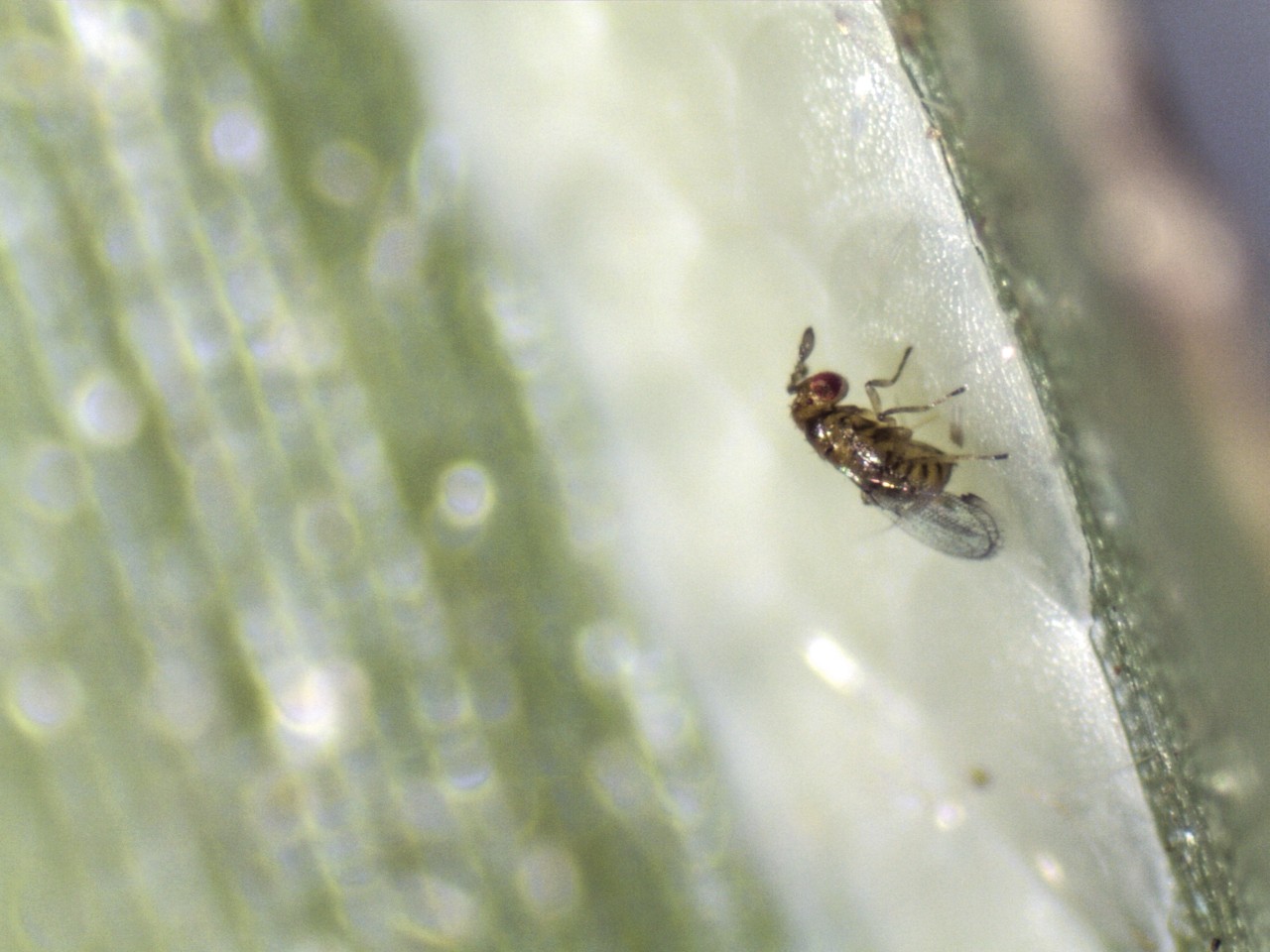
Around 90% of the sugarcane area in Brazil now uses natural enemies to combat agricultural pests; data were presented during FAPESP Week Illinois.
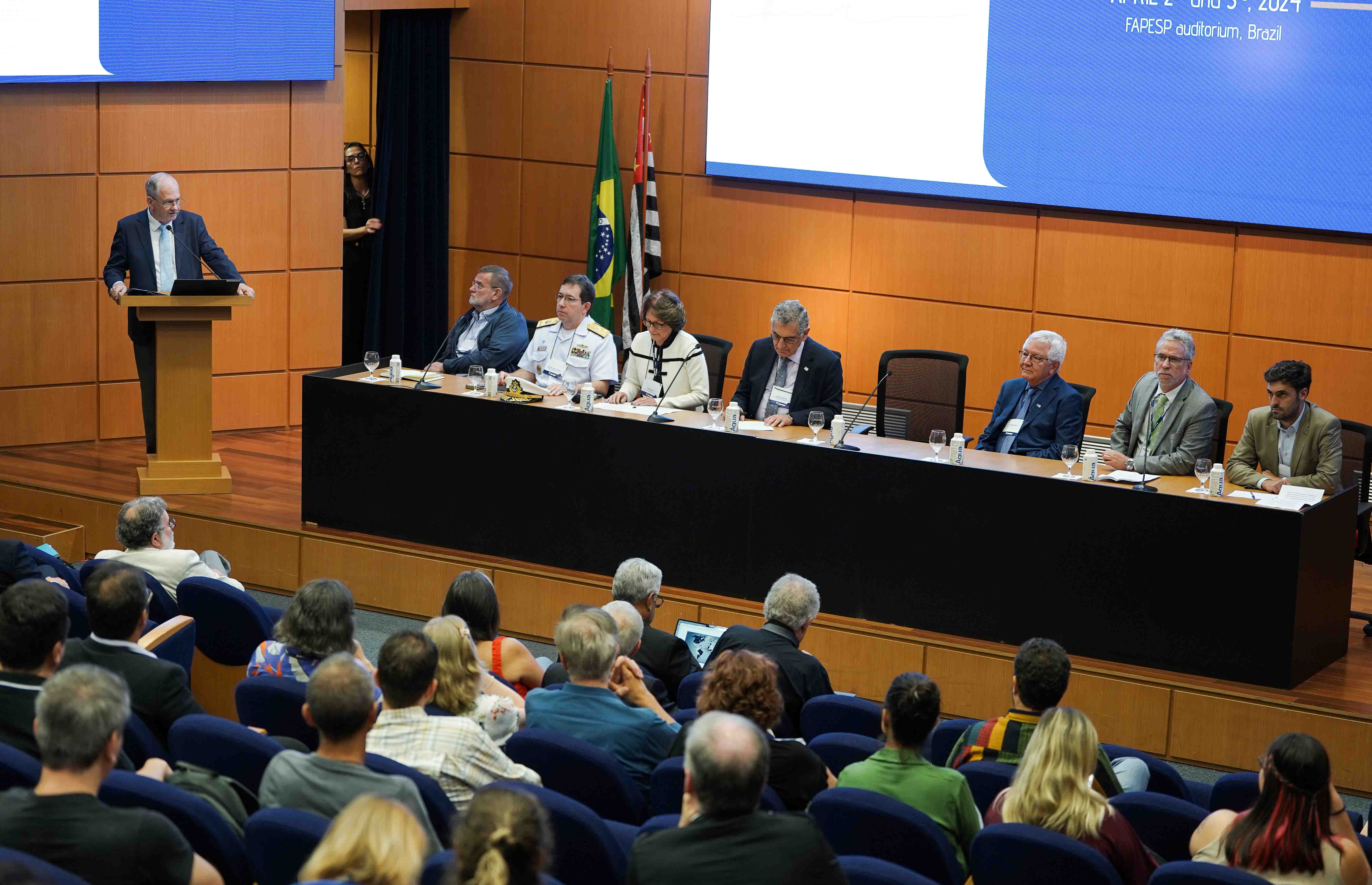
Launched on April 2 at FAPESP, the program will initially involve researchers from Brazil, Argentina and France.
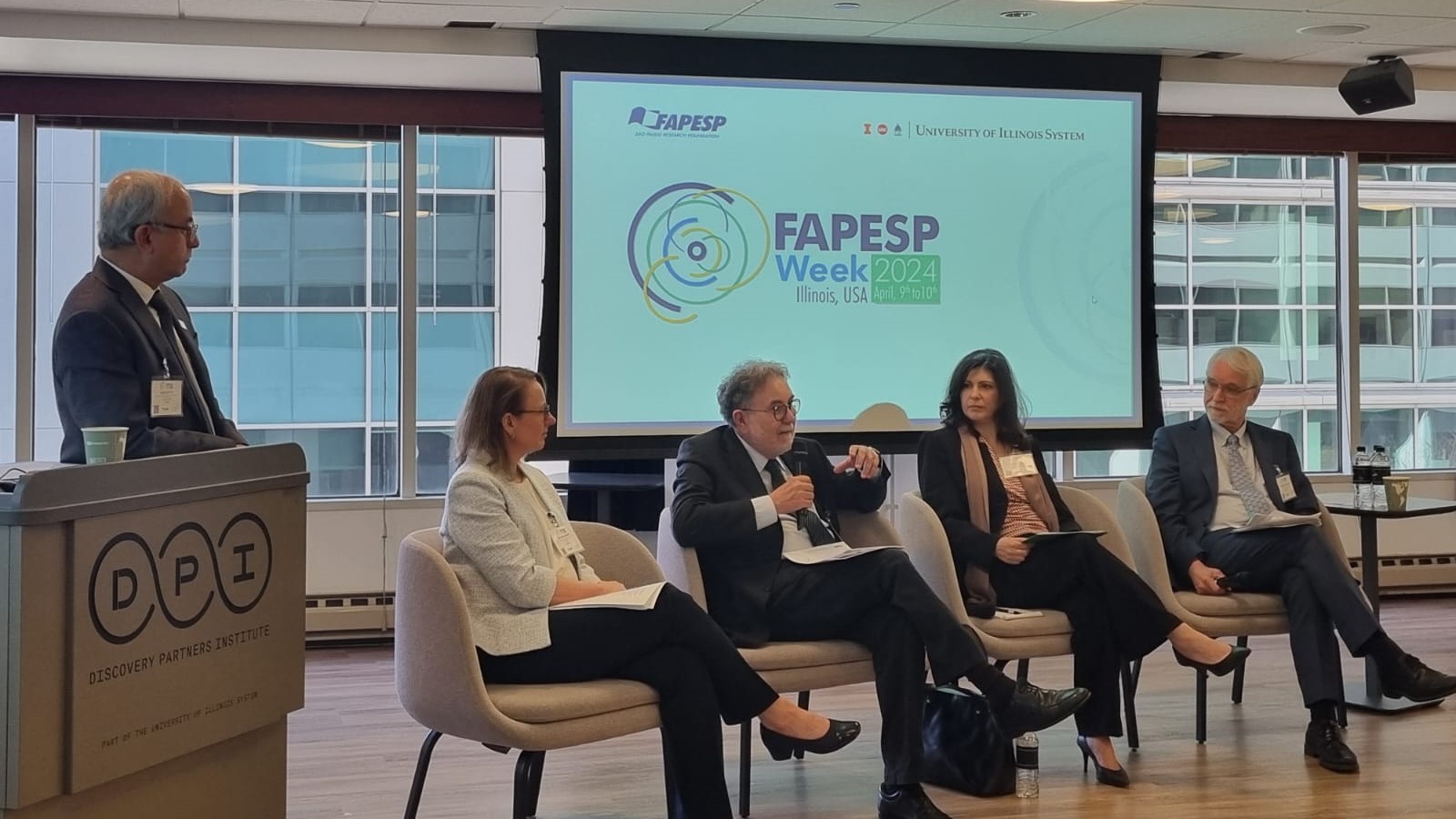
Researchers from universities and research institutions in the State of São Paulo participate in FAPESP Week Illinois; the event aims to create new opportunities for scientific cooperation.
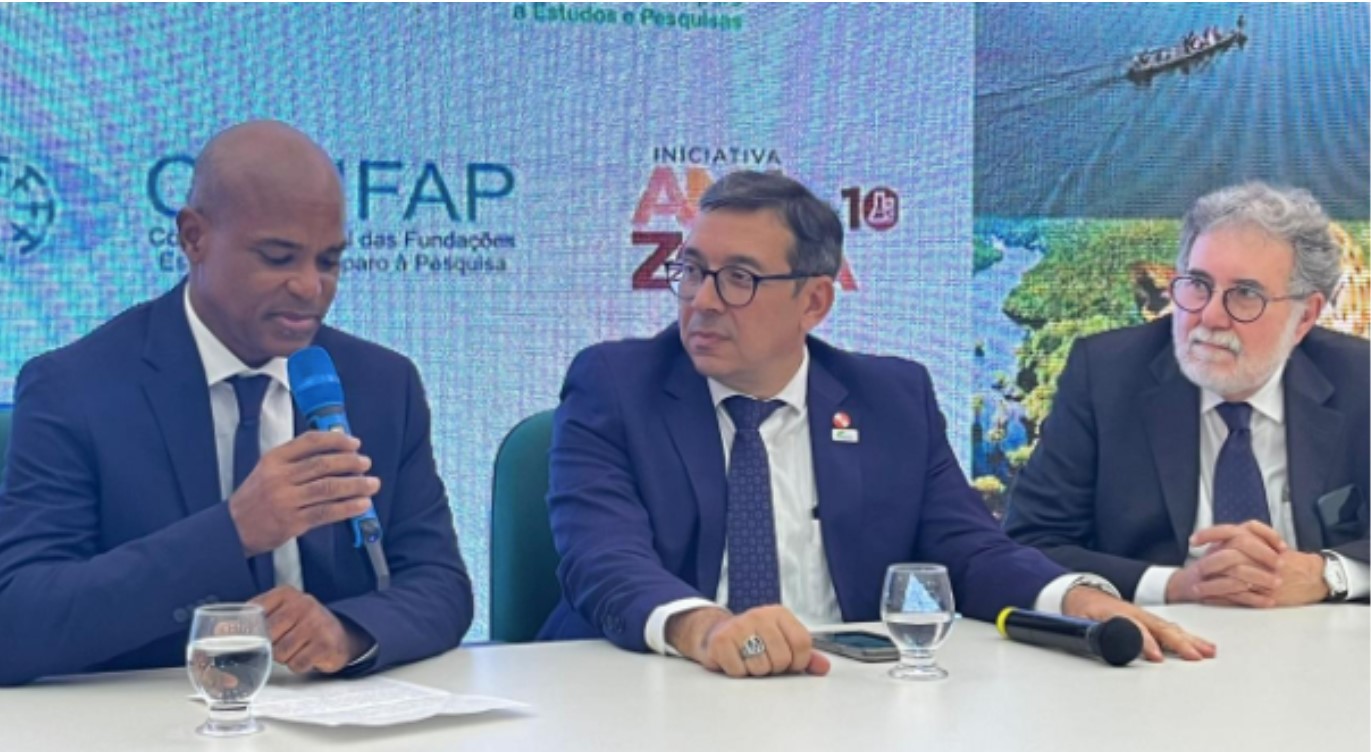
An agreement to this end was signed in Belém in the Brazilian Amazon during the visit of French President Emmanuel Macron and Laurent Linguet, President of the University of French Guiana. The aim is to foster international cooperation that furthers the development of the Amazon region.